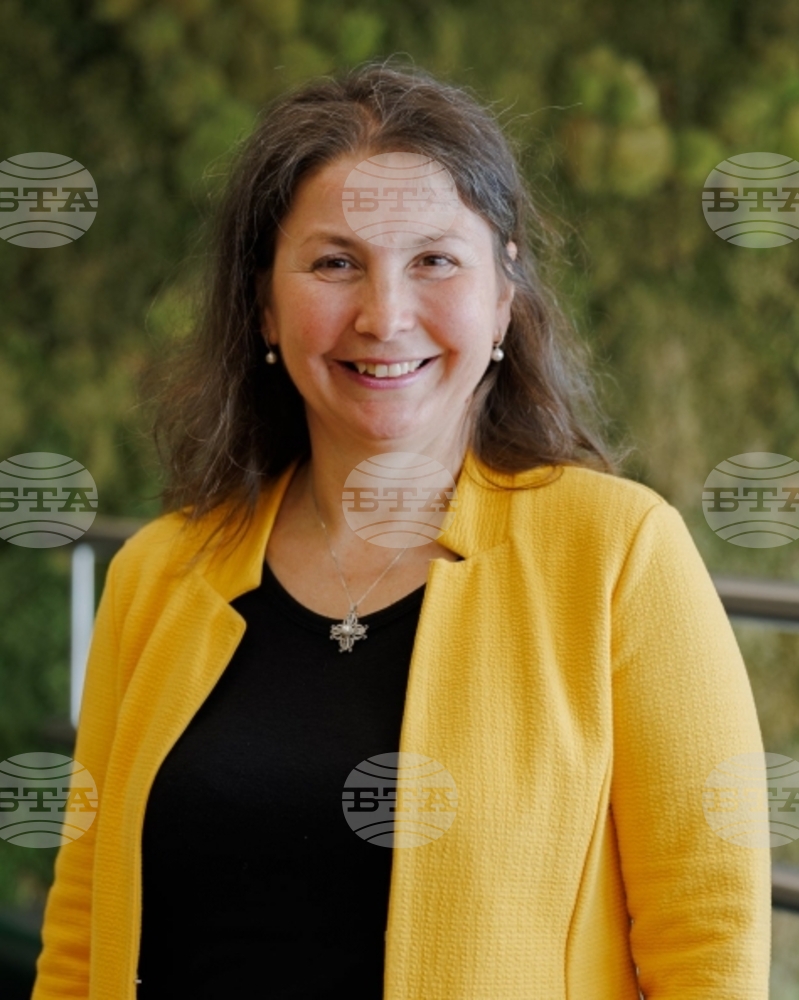site.btaProf. Terzieva on Teaching Bulgarian and Dutch Students in the Netherlands


While Prof. Liliya Terzieva has spent a significant part of her career abroad, in China, the United Kingdom, Malta and eventually, in the Netherlands, she has always worked with and for Bulgaria, sanusetsalvus.com told BTA. She reported that Bulgarian students in Dutch universities already form the second largest segment of students after the locals, having surpassed their peers from Germany five years ago. Quotas had to be introduced to ensure diversity, Terzieva added.
Terzieva said that in a small territory like the Netherlands, with 12 regional provinces, differences between cities are apparent. Being a professor in The Hague, in Rotterdam or in Maastricht or in Breda, presents huge differences. This is due on the one hand to the specificity of the students who are enrolled at the respective university, and on the other hand to whether there are international students, exchange opportunities and further development in masters or doctoral programmes.
Although Terzieva would not describe the Dutch as studious, she adds that this does not mean that they do not have a desire for development and self-improvement, or that they do not possess an urge for knowledge. She believes that Bulgarians see the quality of being studious differently, because the Bulgarian education system is somewhat more conservative.
In Bulgaria, teachers become those who are experts in their field, whereas focus in the Netherlands is on the student audience, which means that the expertise is at a different level. Attention is paid to what the student knows in advance, what they could contribute to the development of the whole group while interacting with it. Terzieva adds: "We are not talking here so much about the transfer of expertise and knowledge, but rather about co-creation."
Another thing that differentiates Bulgarian students from their Dutch counterparts is the attitude during classes. When asked a question, Bulgarian students only answer if they are absolutely sure of the answer of if they can offer perfect reasoning for their answer. Dutch students on the other hand see the learning process as a field of expression, i.e. they are here to make mistakes, to grow, to learn from their mistakes. Terzieva points out that this is one of the local students' best traits.
Modern words such as experiment, pilot project, etc. are somehow embedded in the Dutch students' DNA, as they are not afraid to participate in the discussion, even when knowing less or suspecting that their thesis is based on falsehood. Bulgarian students, even when they are convinced that they know the answer, might not raise their hand first and would hesitate from the pressure of needing to get everything right straightaway.
Terzieva obtained her first PhD in 2008 in leisure and tourism economics and organizational studies, while her other one is in adult education management. Has more than 25 years of experience as a lecturer, project consultant and trainer in the non-governmental, educational and business sectors in tourism, entrepreneurship, etc. In April 2023, she began teaching at The Hague University of Applied Sciences as a Professor of Designing Value Networks.
/RY/
news.modal.header
news.modal.text